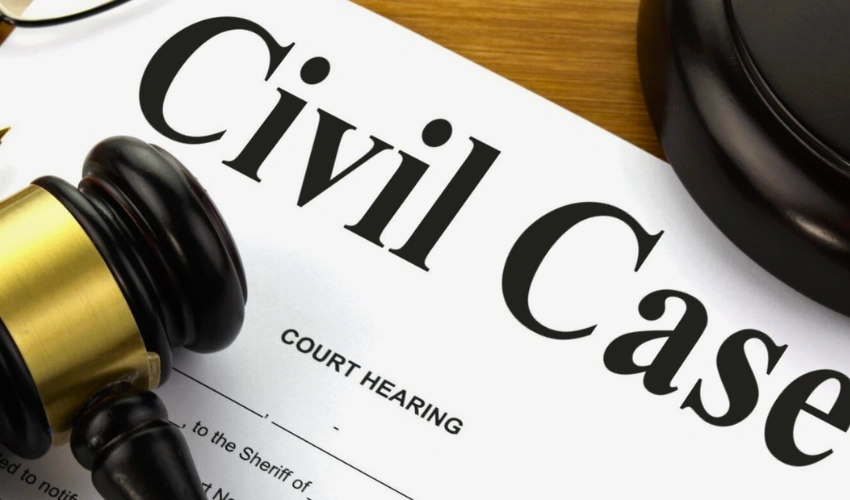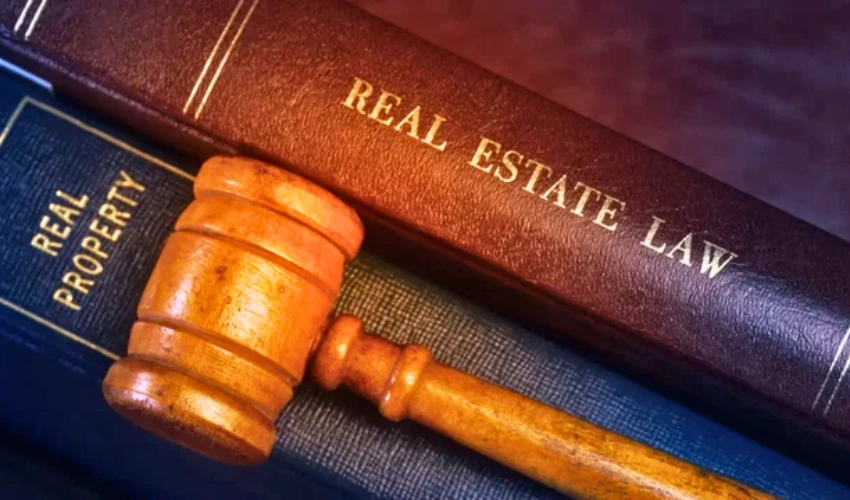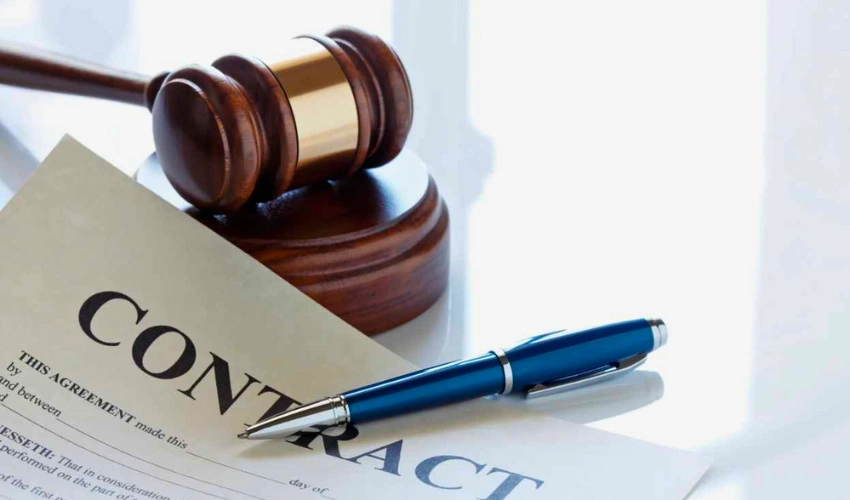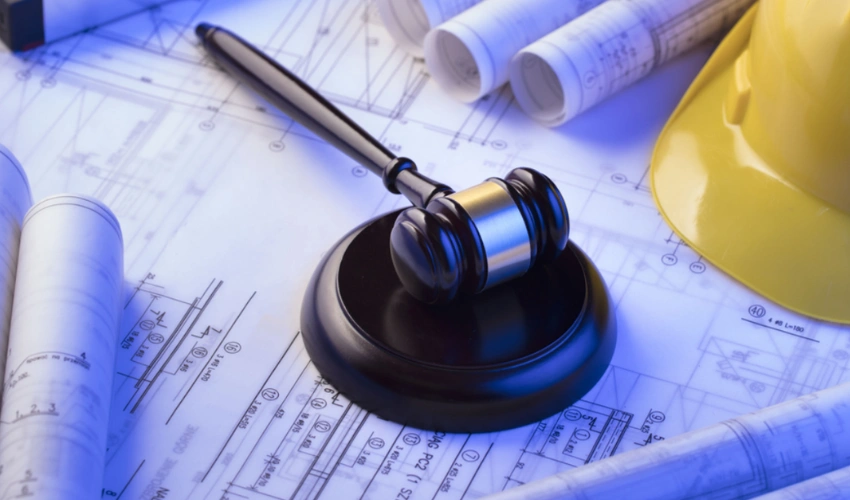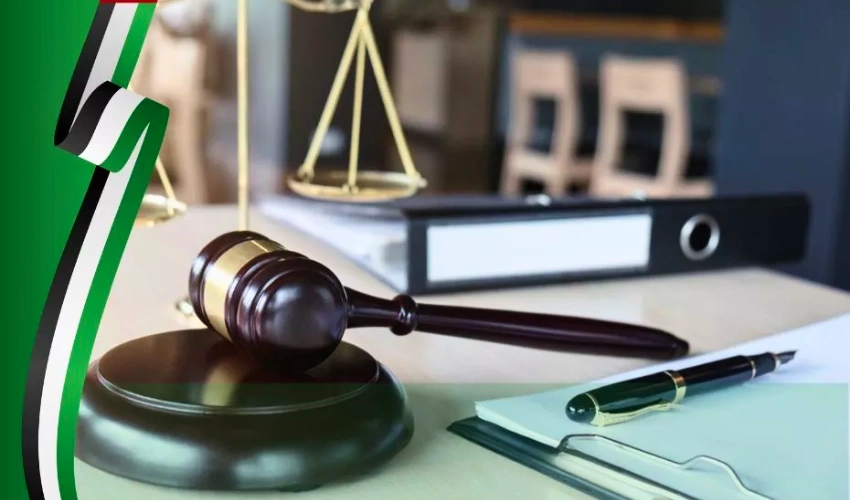
The law on litigation procedures in the United Arab Emirates is a comprehensive legal framework that governs the conduct of lawsuits at all stages, from filing a case to the issuance and enforcement of a judgment. This law is based on a civil law system and operates under a three-tiered judicial structure.
1. Core Laws
Litigation law in the UAE is primarily derived from several key federal laws:
- The New Federal Civil Procedures Law (Federal Decree-Law No. 42 of 2022): This law is the cornerstone for regulating civil, commercial, and personal status cases. It replaced the previous law with the goal of simplifying procedures, saving time and effort, and encouraging the use of technology in litigation.
- The Federal Criminal Procedures Law (Federal Decree-Law No. 38 of 2022): This law governs all stages of criminal cases, from the investigation procedures conducted by the police and Public Prosecution to the trial and sentencing.
2. Court Structure
The UAE’s judicial system consists of three tiers of litigation, which ensures a review and reconsideration of judgments:
- Courts of First Instance: This is the first tier, where lawsuits are initially filed. These courts have jurisdiction over all types of cases (civil, commercial, criminal, and personal status) based on their value or nature.
- Courts of Appeal: Cases appealed by one of the parties against a judgment from the Court of First Instance are heard here. The court re-examines the facts and evidence of the case and issues a new judgment that may affirm, amend, or annul the initial one.
- Court of Cassation / Federal Supreme Court: This is the highest judicial authority. It reviews appeals on judgments from the Courts of Appeal, but its role is limited to ensuring the correct application and interpretation of the law, not re-evaluating the facts of the case. Abu Dhabi, Dubai, and Ras Al Khaimah have their own Courts of Cassation, while the other Emirates fall under the jurisdiction of the Federal Supreme Court.
3. Stages of Civil and Commercial Litigation
Civil and commercial lawsuits follow a specific path in the courts:
- Filing the Claim: The lawsuit is filed electronically with the competent court, and the required court fees are paid.
- Serving the Defendant: The court officially notifies the defendant (serving them) with a copy of the lawsuit so they can prepare their response.
- Exchanging Pleadings: Each party submits their legal briefs, documents, and evidence to the court within specified deadlines.
- Trial Sessions: The court holds sessions to hear oral arguments from both parties. Experts or witnesses may also be called upon.
- Issuing a Judgment: After the completion of the proceedings, the court issues a judgment on the case.
- Enforcement: If no party appeals the judgment, it becomes final and is referred to the court’s enforcement department for execution.
4. Alternative Dispute Resolution (ADR)
UAE laws encourage resolving disputes outside courtrooms to reduce the burden on the judicial system and speed up the resolution process. The most important alternatives include:
- Mediation and Conciliation: These are used for certain types of cases before they are filed in court, such as family or rental disputes.
- Arbitration: This is a very common method for resolving commercial disputes. The parties agree to appoint an arbitrator (or an arbitral tribunal) to rule on the dispute, and the arbitrator’s decision is binding and enforceable.
5. Fundamental Principles
- Language of the Courts: The official language of litigation is Arabic.
- Remote Litigation: The new law has allowed for remote litigation via electronic means, increasing the speed and flexibility of proceedings.
- Principle of Public Hearings: Trial sessions are, in principle, public, except for certain cases that require confidentiality.


